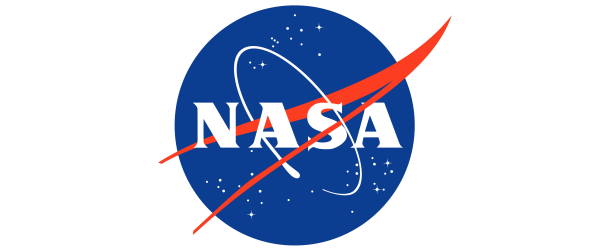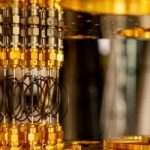NASA Ames Develops Benchmarking Test to Compare Classical & Quantum Devices

(TechnologyReview) The TOP500 project publishes a ranking of the world’s most powerful computers twice a year. The ranking is determined by a benchmarking program called Linpack, which is a collection of Fortran subroutines that solve a range of linear equations and the taken to solve the equations. China looms largest with 229 devices. The US has 121, but this includes the world’s most powerful: the Summit supercomputer at Oak Ridge National Laboratory in Tennessee.
Quantum computers are on the verge of outperforming the most powerful supercomputers for certain kinds of problems, but exactly how powerful are they? At issue is the question of how to measure their performance and compare it with that of classical computers.
the Quantum Artificial Intelligence Lab at NASA Ames Research Center in Mountain View, California, and a group of colleagues who have developed a benchmarking test that works on both classical and quantum devices. In this way, it is possible to compare their performance. The team has used the new test to put the Summit through its paces running at 281 petaflops. The result is the benchmark that quantum computers must beat to finally establish their supremacy in the rankings.
They’ve shown that the Summit supercomputer can simulate the performance of a much larger quantum device. “On Summit, we were able to achieve a sustained performance of 281 Pflop/s (single precision) over the entire supercomputer, simulating circuits of 49 and 121 qubits,” they say.
But this is a race classical computers are destined to lose. Plans are already afoot to build quantum computers with 100+ qubits within the next few years. And as quantum capabilities accelerate, the challenge of building ever more powerful classical machines is already coming up against the buffers.
One way or another, quantum supremacy is coming. If this work is anything to go by, the benchmark that will prove it is likely to be qFlex.























